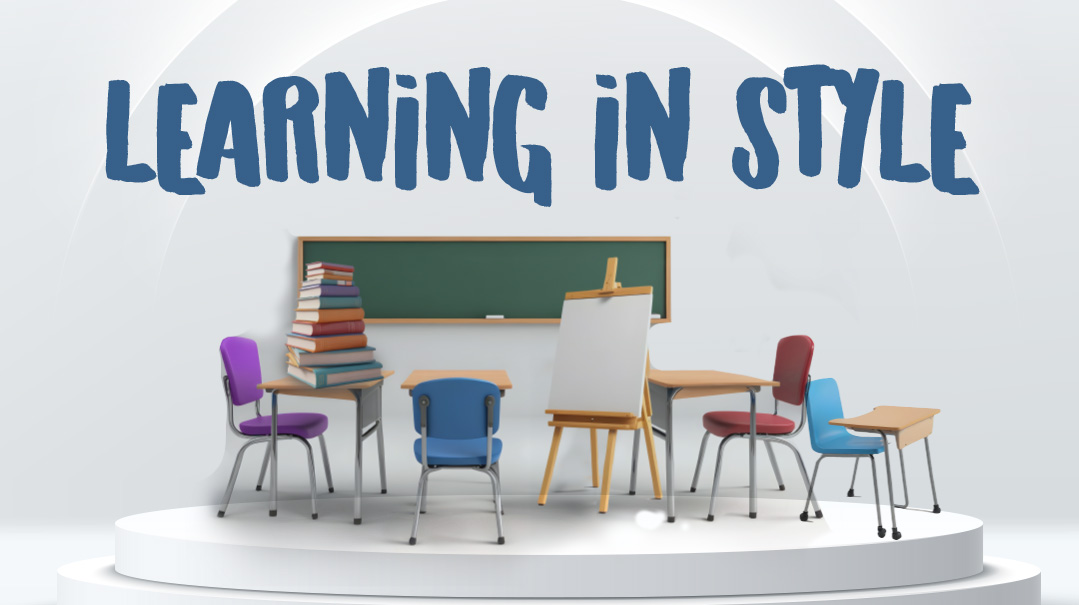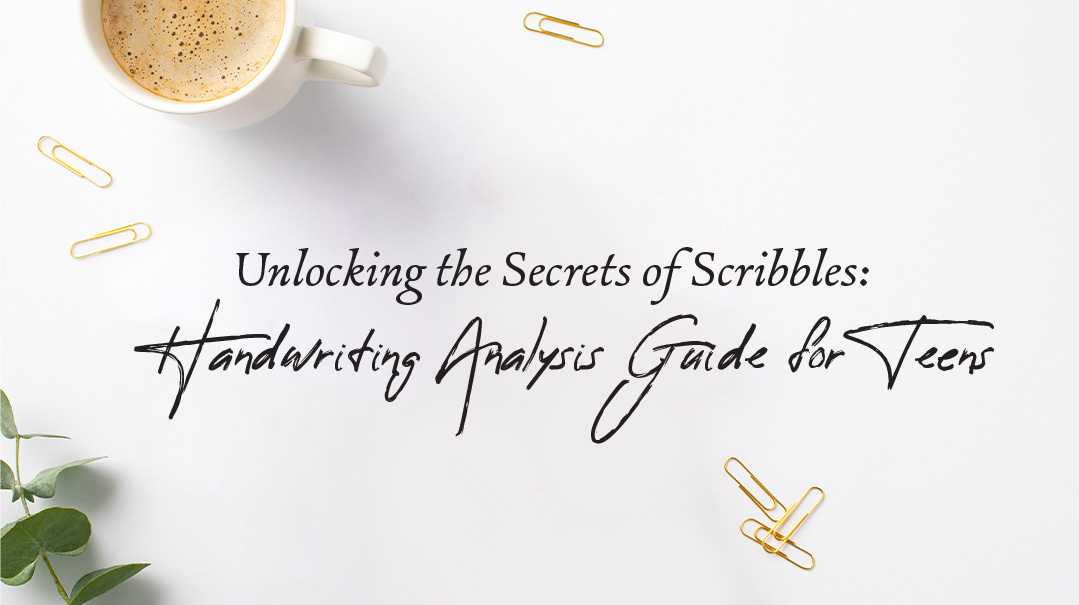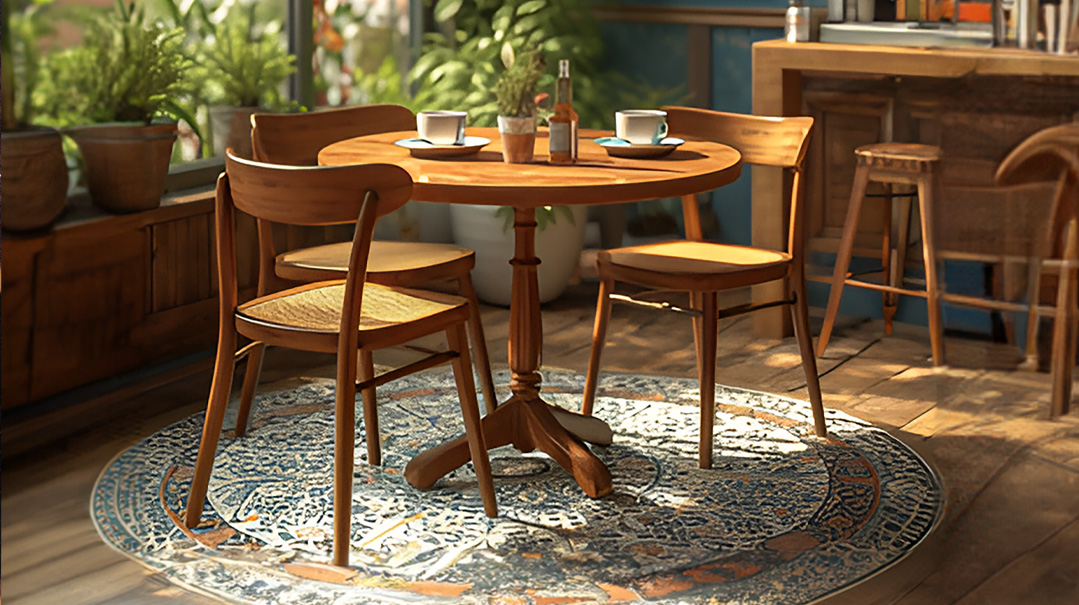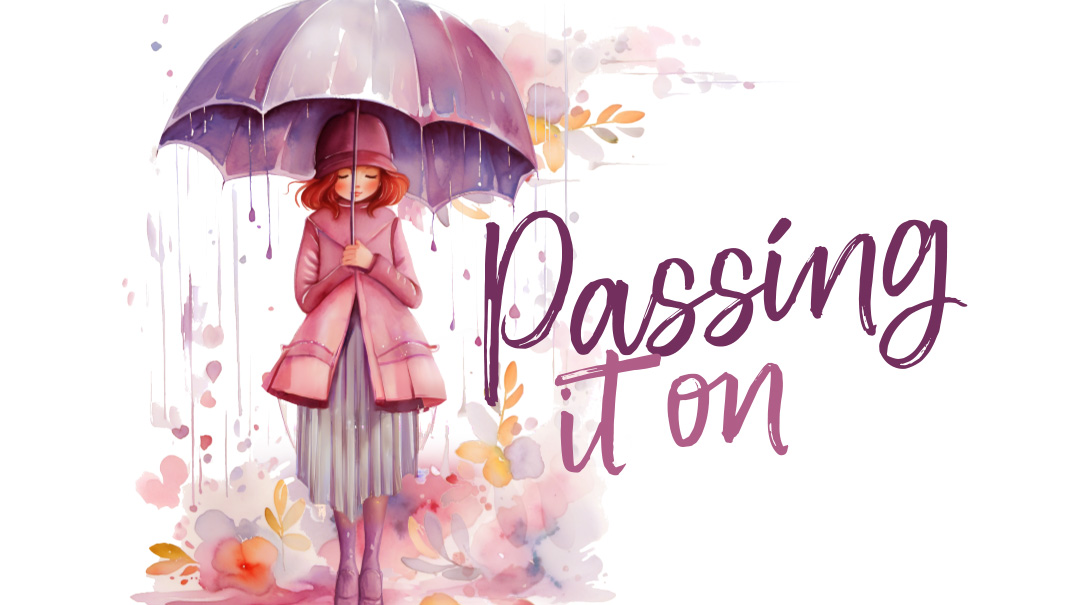Sense or Sensibility?
| July 16, 2024A guide to finding your head or your heart

Sara: “Whoa!” My foot nearly caught on a tree stump as I ground to a halt. My campers and I were on a hiking trail three miles from our bus when a storm hit. As a thinker, I immediately began to analyze the different options. Should we forge ahead, hang tight, or turn back? Blocking my eyes from the wet sheets falling from the sky, I made a quick decision and turned back to my campers. “We’re going to have to return to the buses; the trail is way too slippery! Shoshana,” I called to my co-counselor. She shrugged wet hair out of her face. “Here’s the plan.”
The Takeaway:
When a slippery trail and a rainstorm hit a hiking trail, head counselor Sara uses her logic to come up with a plan to get her campers to safety.
Shoshana: When the storm hit, I saw Sara’s brain whirring to make a sound decision. My job? Well, I already felt the fear coming off my little ten-year-old campers.
“Shoshana, do you think there’s going to be lightning?”
“Aaah! What if it hits us?”
“If we slip on the muddy path, do you think Hatzalah would be able to find us?”
I easily offered words of reassurance on my way to join Sara. Sara always made logical decisions, and I was always there to listen, so we worked well together. “So,” she asked as I wrung my water-soaked skirt. “You like the plan?”
“Sounds great!” I told her honestly. “The only thing I would change is to break us up. I think the kids would feel safer in two smaller groups.”
“Great!” Sara agreed. “Let’s do it.”
The Takeaway:
When a slippery trail and a rainstorm hit a hiking trail, co-counselor Shoshana uses her empathy to make sure her campers feel safe and secure during this frightening time.
Thinker vs. Feeler
Okay, so you’ve read all about Sara and Shoshana and thought to yourself,
Wow, Hashem made two totally different types of brains, and they work together beautifully? What a genius concept! But wait? What does this thinker-feeler thing even mean?
Let’s break it down together!
Thinker
Thinkers are individuals who prioritize logic when making decisions. Think about that friend you always turn to for advice to make sense of things. They often approach situations with a critical eye, analyzing all the different angles. They dislike small talk and often need to know why something is done before they do it. They’d much rather make decisions based on clear facts than on personal feelings.
In Practice:
In school: Thinkers love subjects that use the analytical side of their brain like science, math, English, Chumash, or Navi. They love toying with ideas in their mind, making connections, and applying that knowledge to the real world. You’ll often see them talking to teachers after class to gain better insight on the subject matter. Thinkers enjoy a good classroom debate, are devastated by failure, and enjoy projects that require research.
In Camp:
Thinkers do well in roles that look at a detailed picture. They might excel in organizing activities, creating detailed schedules, or leading problem-solving games.
In their free time: thinkers love strategy games, puzzles, and DIY projects that allow them to research and apply their knowledge.
In Life:
Thinkers thrive in careers like engineering, computer science, law, business, and fields that require analysis and logic.
Feeler
Feelers, much like Shoshana, prioritize empathy and the emotional impact that their decisions will have on others. Imagine the friend you come to when you want to vent about a hard day. They are naturally more inclined to listen to the feelings of others, as well as make decisions that will benefit everyone involved. Feelers often avoid confrontation, sometimes forgoing their own needs to please others. They may also avoid criticism, as they view things from a personal perspective. Feelers are skilled at understanding people, letting their empathy and sympathy lead their mind as well as their heart.
In Practice:
In school: Feelers love subjects that explore people. Art, history, and psychology are great ways for them to focus on human understanding and emotional expression. Subjects like literature, Historia, Yahadus, and Parshah also pique their interest because they explore human feelings and motivation. In class, feelers might ask how a topic concerns other people or will try to view the lesson from a personal perspective.
In Camp:
Feelers are great at conflict resolution, making sure everyone feels included, and supporting homesick campers.
In their free time: Feelers’ hobbies include activities that focus on creative expression or helping others. For example: reading, writing, chesed, music, or arts and crafts.
In Life:
Feelers often excel in careers such as life coach, social worker, teacher, nurse, author, artist, or similar jobs that allow them to express themselves freely and help others.
While it’s easy to categorize people (or ourselves) as either thinkers or feelers, the reality is that we all use both our thinking and feeling skills, depending on the situation. What’s important is understanding which one we naturally prefer more. This self-awareness is a gift from Hashem that can enhance our ability to perform chesed. By knowing whether we lean toward logic or empathy, we can better understand ourselves and others, leading us to create stronger relationships and more thoughtful interactions.
Which one are you?
Take this super-duper easy quiz to find out!
Picture This Pop Quiz!
1.When faced with a difficult decision, I usually:
A) Analyze the pros and cons of each option
B) Think about it for a super long time, going back and forth as I think about how each option will affect the people involved
It’s color war! You have to make up a color war cheer. You prefer to:
A) Come up with all the words that rhyme with the color blue and focus on the task to ensure it’s completed efficiently
B) Make sure everyone feels included and their ideas are heard. I mean, the points that really matter are the bein adam l’chaveiro ones, right?
Your camper just came to you bawling about how she didn’t pass the deep water test. When giving advice, you’ll:
A) Offer practical solutions, telling her that if she practices x, y, and z, she’ll get there really soon
B) Listen to her frustrations and tell her that the deep water test is really hard for lots of people. Oh, and if she wants to practice treading, you have some time now to teach her
When resolving a conflict, you usually:
A) Look for a fair and logical resolution
B) Try to understand everyone’s feelings and find a solution that makes everyone happy
In your free time you:
A) Love solving puzzles, playing strategy games, or reading about new topics
B) Love spending time with friends, helping others, or experiencing the environment around you
Mostly A’s? You are a Thinker. You approach life with a logical mindset, valuing practical solutions and great ideas.
Mostly B’s? You are a Feeler. You prioritize empathy and the emotional well-being of others when making decisions.
(Originally featured in Cozey, Issue 1020)
Oops! We could not locate your form.







